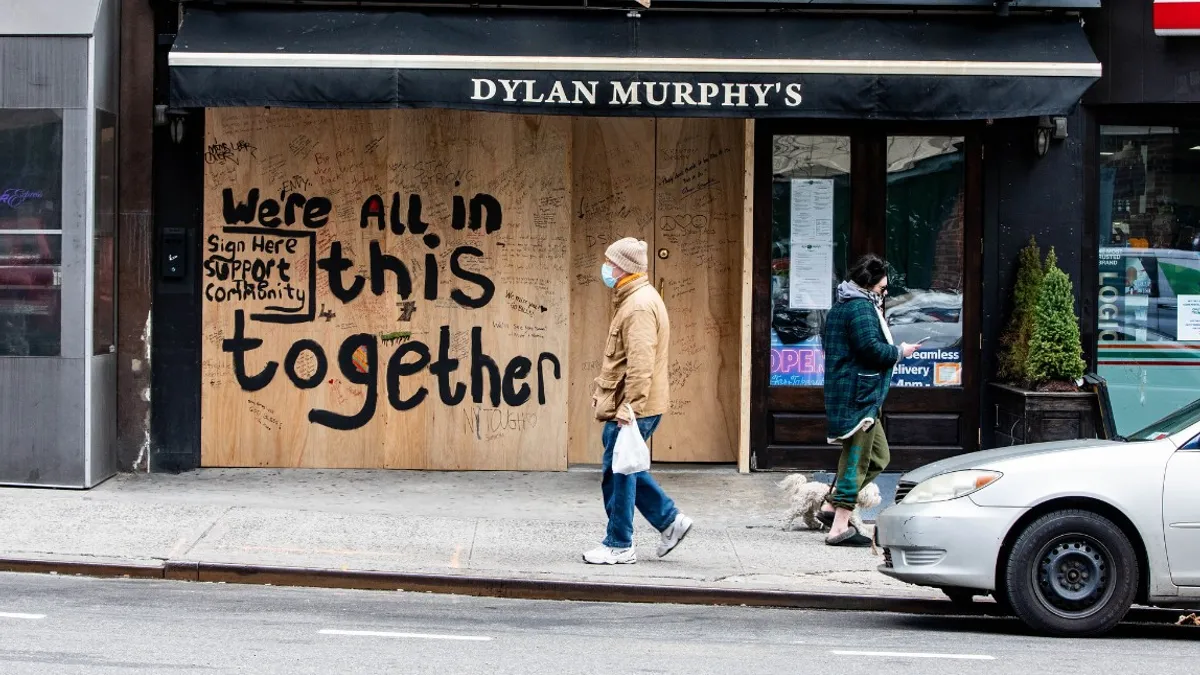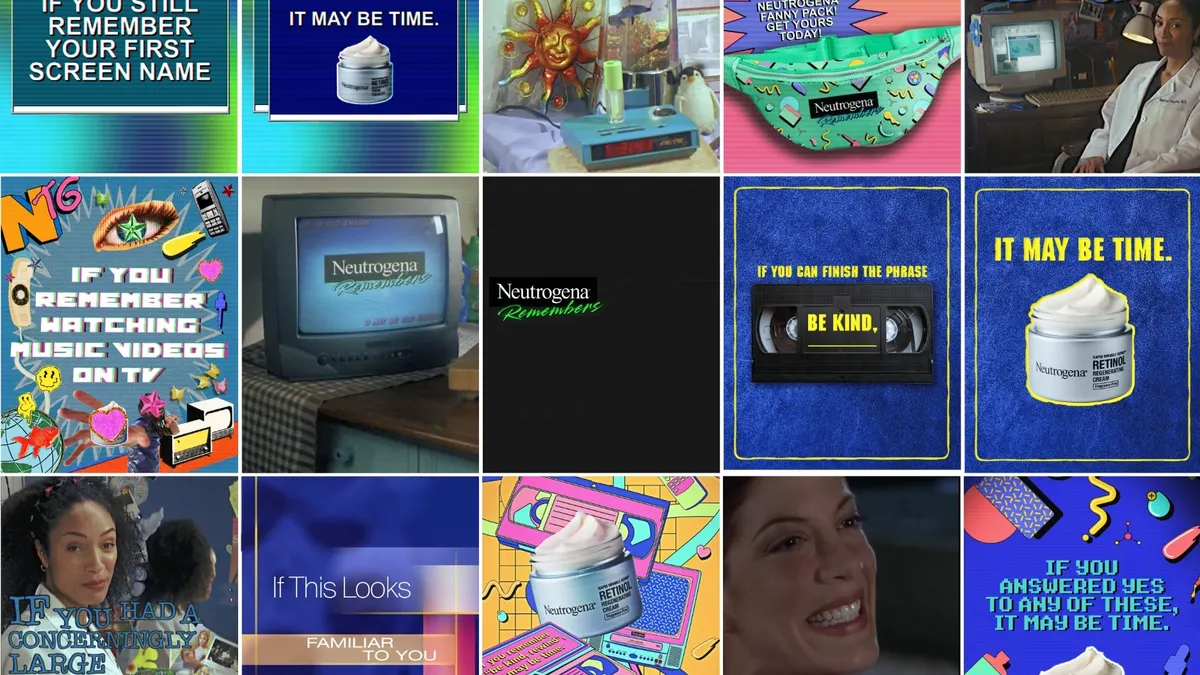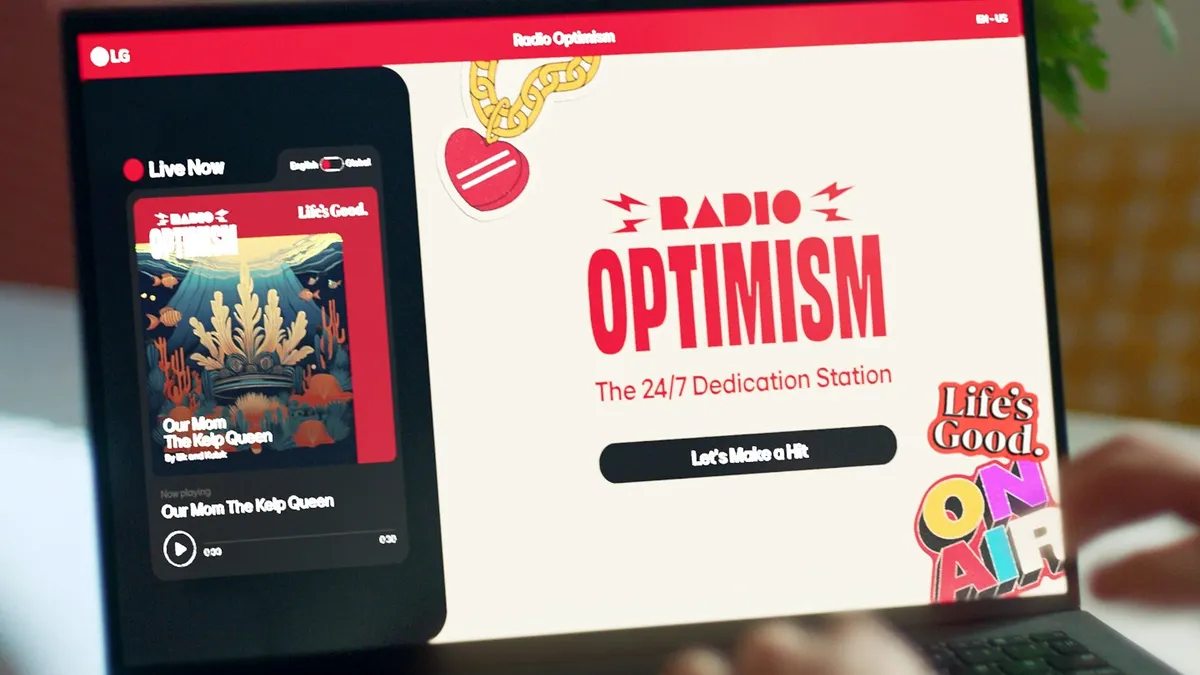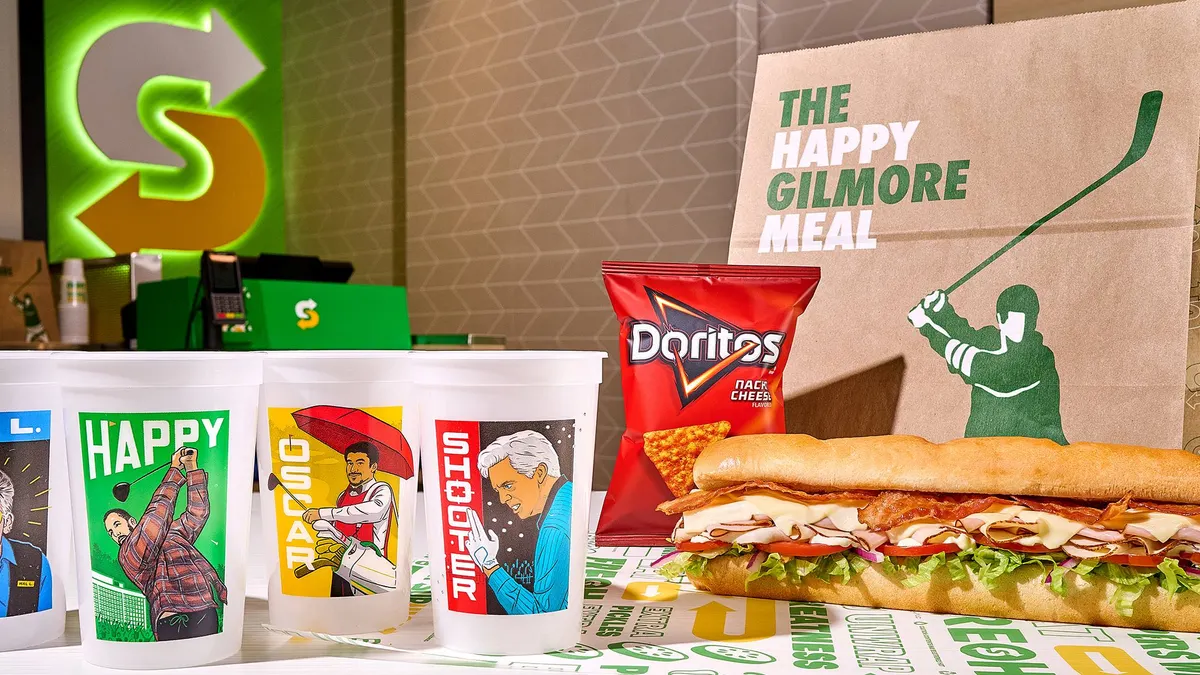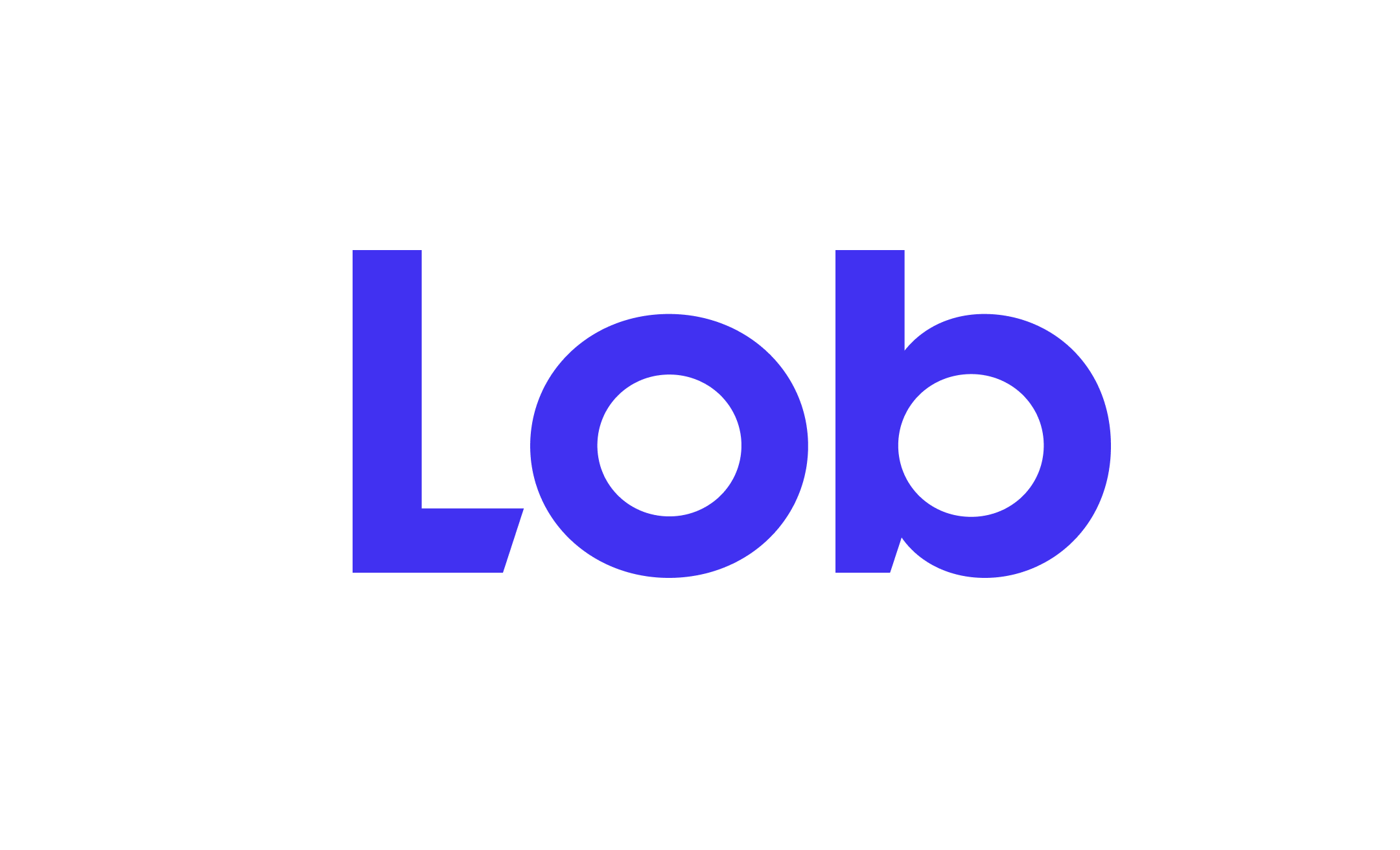The coronavirus pandemic has pushed businesses and governments to mobilize faster and at a scale not seen in modern memory, with mass store closures and shelter-in-place orders that have stretched on for months. Some analysts believe the crisis response serves as a preview for how society might deal with worsening climate change, even if such existential issues are not necessarily top-of-mind for consumers given the more immediate threat of a deadly contagion.
But for marketers, climate change and sustainability might need to be top-of-mind as a means of both building public trust during a period of deep uncertainty and safeguarding against future disasters. The pandemic actually creates a unique opportunity for marketers to pivot more quickly toward sustainability-minded strategies, experts interviewed for this piece said.
Where areas like sustainability tended to be favored by younger cohorts like millennials and Gen Z prior to the pandemic, the coronavirus is a concern for consumers across demographic groups. That means brands have a bigger space to create an impact with their sustainable messaging now, assuming it's timely, and to forge connections that could endure well beyond the current crisis as returning to growth becomes a priority.
"Rarely is there one cause that resonates so deeply with so many people at once," Julia Wilson, VP of global responsibility and sustainability at Nielsen, said of the coronavirus in a phone interview. "Brands do have an opportunity here to pivot with purpose and to show how they're showing up ... in their communities and for their consumers."
Pivoting with purpose
Marketers could make a pitch around investing in sustainability despite the pandemic's economic pressures by focusing on the momentum the category had heading into the outbreak. Joint research conducted between the NYU Stern Center for Sustainable Business and IRI found sustainability-marketed products were responsible for 50% of market growth among CPG brands between 2013-2018. Pre-pandemic, there was also an 8% growth rate for social responsibility product attributes or claims, according to Nielsen figures cited by Wilson.
"You can actually pour an enormous amount of money at a problem in ways that everybody's told us we can't."
Tensie Whelan
Director, NYU Stern School of Business' Center for Sustainable Business
It's not clear at the moment whether areas like sustainable products will return to those levels in the months ahead, but it's possible that interest could actually be higher than before if brands lead the way. Significantly, people are looking to corporations to take charge on the pandemic response, and the bigger spotlight on brands contributing to the public good could translate to tackling problems like the climate crisis after the worst of the coronavirus passes.
"If it was important before COVID-19, and there's a tight focus on it now, all the more reason for CMOs and brands to be looking at this and make sure they're responding, not with marketing that is hollow or shallow, but authentically," Wilson said.
Other research keys into this trend from a shopper behavior perspective. A recent Accenture study suggested that consumer shopping habits could be permanently altered by the pandemic, and that "ethical consumption" is on the rise. Forty-five percent of respondents surveyed by the consultancy reported they're making more sustainable choices and will likely continue to do so into the future.
"The scale of the changes identified in our findings clearly suggest that this is a long-term shift," Oliver Wright, managing director and head of Accenture's global consumer goods practice, said in a press statement. "While we have been seeing these trends for some time, what's surprising is the scale and pace — compressing into a matter of weeks changes that would likely have taken years."
A cold wakeup call
At the same time, consumer expectations around sustainability will likely be higher than before. Nation-spanning shutdown orders, paired with government stimulus packages totaling trillions of dollars, could dispel notions around barriers to realizing sustainable goals, such as the costs being too high or a systematic approach unrealistic.
"Consumers are going to be less forgiving of the brands that do these token gestures," Shahla Hebets, founder and CEO of the digital marketing consultancy Think Media Consulting, told Marketing Dive in an interview. "There's going to be a real expectation of it being much more of a holistic approach."
The cold wakeup call the pandemic has caused might additionally deprecate popular modes of cause marketing — the anthemic, generalized approach — while boosting practical solutions that touch all areas of business, from product design down to the treatment of frontline employees. The bottom line will be a prioritization of organization-wide sustainable action plans, experts said.
"[Consumers] know that you are able to do more just based on what you were able to do in the pandemic. You shifted your entire business fast," Hebets said. "The notion that you can't afford to do it is going to be gone."
With the pandemic essentially forcing systemic change — in the prolonged disruption to transit, supply chains and certain forms of consumption — positive effects on the environment have become apparent. Some analyses project up to a 6% year-on-year drop in global CO2 emissions for 2020, according to Axios, making for the largest declines on record.
"Consumers are going to be less forgiving of the brands that do these token gestures … There's going to be a real expectation of it being much more."

Shahla Hebets
Founder and CEO, Think Media Consulting
"We've seen that you can stop pollution on a dime, you can clear up the skies overnight," Tensie Whelan, director of the NYU Stern Center for Sustainable Business, told Marketing Dive in a phone interview. "You can actually pour an enormous amount of money at a problem in ways that everybody's told us we can't."
The environment and the novel coronavirus also increasingly look linked in significant ways, meaning corporations solving problems with the former could alleviate the latter. Failing to step up might make things exponentially worse.
Experts from the Intergovernmental Science-Policy Platform on Biodiversity and Ecosystem Services recently published a stern warning on how continued environmental degradation, including deforestation, rampant mining and farming and the exploitation of wildlife, will make pandemics like COVID-19 more frequent, more deadly and more damaging to the economy in the future.
"That's the real crux of the challenge: Right now, we're in this economic downturn, so how do you justify investing in something like a more sustainable planet?" Hebets said. "The truth is that it's a lot more costly to ignore it than it is to just make the investment now. The economic equation is flipped."
Shifting the sustainability paradigm
In the same way that areas of business like manufacturing have been upended by the coronavirus, marketing around sustainability will need to evolve on the tactical level in order to succeed. Relying on traditional market insights is a challenge, as the pandemic has led to rapid shifts in shopper behavior that cloud the data. Old methods of modeling and production could therefore become outdated quickly, experts cautioned.
"While we have been seeing these trends for some time, what's surprising is the scale and pace — compressing into a matter of weeks changes that would likely have taken years."

Oliver Wright
Managing director and head of Accenture's Global Consumer Goods Practice
"These dynamics are changing a lot faster than I think the marketing and brand and sustainability and CSR teams are used to," said Christine Arena, founder and CEO of Generous, a marketing and production company focused on cause-led campaigns. "They're going to have to innovate hyper-fast and change with the times."
Some marketers established in the purpose space are making innovations, but agility and cross-department collaboration could need even higher priority. Procter & Gamble in April announced it will introduce paper dispenser tubes for its Old Spice and Secret antiperspirant brands, doing away with plastic. Restaurant chain Dunkin' this week also said it had fully completed a transition from polystyrene foam cups to double-walled paper cups that meet the Sustainable Forestry Initiative Standard. The company claims the change-up will remove approximately 1 billion foam cups from the waste stream annually.
Other categories, including the severely battered retail sector, might need to take a much harder look at recyclable or reusable options.
"Consumers are going to look for quality and longevity. What's really going to take a hit is disposable fashion, disposable purchases," Arena said. "People are going to redefine the relationship they are looking for and [ask], 'does this brand serve a meaningful role in my life?'"
New barriers to sustainable success
Yet, categories experiencing booms at the moment create new frictions with sustainability with which brands will need to contend.
Two major trends — the premium on cleanliness and a heavy reliance on e-commerce — will likely endure after the pandemic. These areas are in many ways at odds with sustainability, as shipped goods can come with an abundance of packaging and many cleanliness products, from wipes down to more necessary personal protective equipment like masks and gloves, are single-use.
"There has already been some debate about the resurgence of single use plastic bags during the outbreak and concerns over hygiene will only exacerbate this sort of consumption," Kristina Rogers, global consumer leader at Ernst & Young, said in emailed comments to Marketing Dive.
Some silver linings could emerge from this scenario, too, per Rogers:
"[This] will bring financial as well as environmental pressures and that will drive innovation towards more reusable and sustainable products," Rogers said. "[People] have had to reuse products, ration their use, or come up with their own way to recreate them to adapt to a 'new normal,' where reusing becomes more relevant than throwing away things after a single use."
Another area of friction that marketers need to address is cost. Brands have traditionally upcharged for sustainably labeled products, but that higher price tag is not necessarily reflective of actual production and supplier expenses, according to Whelan. It's a premium model that might need to go away in order to keep sustainability's momentum up and win over a growing swath of people roiled by what's shaping up to be a deep recession.
In April, Ernst & Young published research that found 27% of surveyed global consumers land in a "Cut Deep" segment that's spending less across the board as they're laid off or furloughed. The group could continue pulling back into the months ahead, EY found, and are generally staking less importance in brands.
Brands taking a short-term hit to revenue by reducing their premiums on sustainability might help offset such trends and ultimately be worth the reward in terms of building brand equity over the long run.
"What I would hope and expect, is that [brands] will bring their premiums more in line with what it actually costs them," Whelan said.
"[Sustainability] has been the highest growing sector even with a large premium," she added. "If companies want to stay in the game, all they need to do is reduce their premium and they can potentially grow market share and grow market loyalty."



